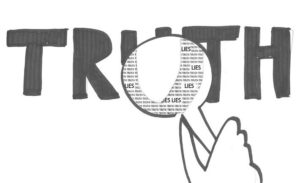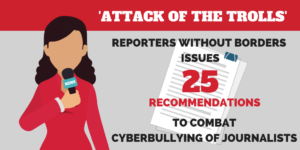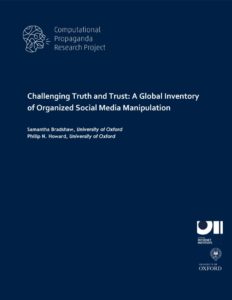
U.S. Senate Intelligence Committee
The activity of the Internet Research Agency (IRA) is just the “tip of the iceberg” when it comes to Russia’s hacking and disinformation efforts, security and social media experts told the U.S. Senate Intelligence Committee on Wednesday, PCMag reports:
“We’ve looked at a number of known disinformation campaigns, and we think the IRA folks are involved in a minority of them,” said John Kelly, founder and CEO of social media intelligence firm Graphika.
 The GRU, Russia’s intelligence agency, is “probably better at hiding their tracks than the IRA is, and I think that [suggests] this is probably just one tip of the iceberg of what we’re looking at,” said Laura Rosenberger, director of the Alliance for Securing Democracy, who pointed to IRA efforts on Reddit and Tumblr, in addition to Facebook and Twitter.
The GRU, Russia’s intelligence agency, is “probably better at hiding their tracks than the IRA is, and I think that [suggests] this is probably just one tip of the iceberg of what we’re looking at,” said Laura Rosenberger, director of the Alliance for Securing Democracy, who pointed to IRA efforts on Reddit and Tumblr, in addition to Facebook and Twitter.

Credit: NDI
One day after Facebook made global headlines with an announcement it had detected a new, coordinated, politically divisive foreign influence campaign of suspected Russian origin on its platform, experts told the committee that influence campaigns stretch far beyond Facebook, target much more than elections, and increasingly originate from actors other than Russia, CBS News reports:
Russia’s interference efforts had not ceased since 2016 and, in some cases, the Kremlin had “stepped on the gas,” according to Graphika’s Kelly.
 “They are targeting both sides of our political spectrum simultaneously, both before the 2016 election and right now,” Kelly said, adding that automated accounts on the far left and far right “produce as many as 25 to 30 times the number of messages per day on average” as compared to genuine political accounts. “The extremes are screaming while the majority whispers,” he said.
“They are targeting both sides of our political spectrum simultaneously, both before the 2016 election and right now,” Kelly said, adding that automated accounts on the far left and far right “produce as many as 25 to 30 times the number of messages per day on average” as compared to genuine political accounts. “The extremes are screaming while the majority whispers,” he said.
Platforms need to be more open with sharing data on what goes on while still protecting user privacy, said Philip Howard, director of the Oxford Internet Institute. “It’s the social media firms that have the best access to the information” about what happens on them, he said.
 Howard said his research has “found evidence of formally organized social media manipulation campaigns in 48 countries, up from 28 countries” in 2017. Of note are the efforts of Turkey, China, Hungary, and Iran, but seven authoritarian regimes have budgets for misinformation campaigns, many of which are targeted at democracies like the US, UK, Canada, and Germany.
Howard said his research has “found evidence of formally organized social media manipulation campaigns in 48 countries, up from 28 countries” in 2017. Of note are the efforts of Turkey, China, Hungary, and Iran, but seven authoritarian regimes have budgets for misinformation campaigns, many of which are targeted at democracies like the US, UK, Canada, and Germany.
“Dictators learn from each other,” he added. After Russia, China has the “next best capacity” for hacking and misinformation campaigns.
“Over the past decade, disinformation, misinformation, and social media hoaxes have evolved from a nuisance into high-stakes information war,” said Renee DiResta, Director of Research at New Knowledge, which specializes in identifying disinformation on social media. “This will be one of the defining threats of our generation,” she warned.







